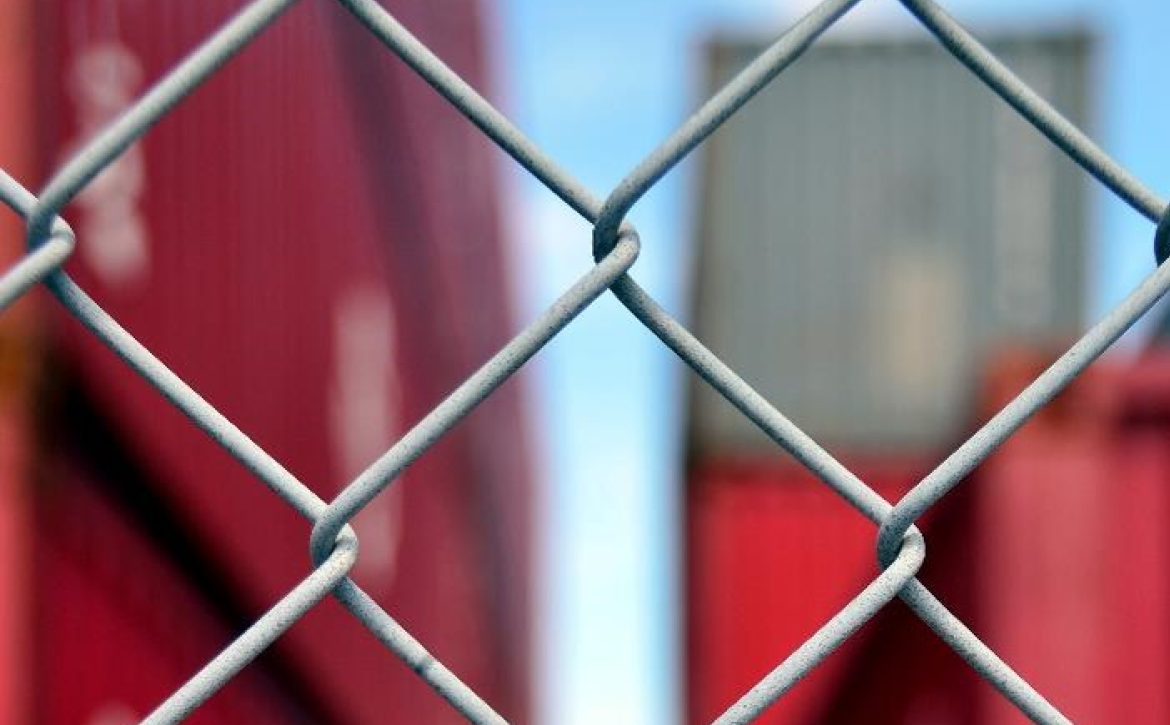The Australian Customs and Border Protection Service (Customs) has proposed amendments to the Customs Act which will make it easier for Australian manufacturers to object to the making of tariff concessions. Importers and manufacturers have until 5 November 2014 to comment on the proposed amendments. The laws will affect products from toilet paper to prefabricated buildings.
Where a tariff concession order (TCO) applies, the duty payable on imported goods is reduced (usually from 5% to 0%). A TCO describes particular goods and applies only to goods classified under a particular tariff heading. TCOs are made on application by importers and reflect the policy that customs duty should not be imposed on goods where there is no local industry to protect.
In line with this policy, a TCO will only be implemented where the importer can prove that substitutable goods are not produced in Australia in the ordinary course of business. The “produced in Australia” requirement currently has two elements:
- A minimum of 25% of the factory costs of the goods must comprise of Australian labour, materials or factory overhead costs (“Local Content Requirement”); and
- At least one substantial process in the manufacture of the goods occurs in Australia (“Substantial Process Requirement”).
Customs has proposed removing the Australian content requirement that a good will be “produced in Australia” if a substantial process in the manufacture of the goods occurs in Australia.
It is clearly possible for the substantial process requirement to be met, even if the local content requirement is not met. However, the track history of Customs is that every time the substantial process requirement is met, the local content requirement is also easily met.
While this is normally the case, we are aware of instances where only the substantial process requirement has been met. It may also be the case that local manufacturers are self-assessing whether the local content requirement is met; and in the circumstances where it is not met, are not opposing tariff concession orders.
Issues for importers
The removal of the local content requirement will make it easier for local manufacturers to oppose TCOs or seek the revocation of existing TCOs. In this situation, not only is there one less factual test that the local manufacturer must satisfy, there is also significantly less administrative burden for those manufacturers. Further, local industry will not face providing a government authority with confidential and detailed financial information for the sake of opposing a TCO.
The reality is that the removal of the local content requirement would mean that some manufacturers who are unable to claim “produced in Australia” status or meet the requirements of “Australian origin” under Free Trade Agreements, will now be able to oppose the making of TCOs.
In short, TCOs will be harder to obtain and easier for local manufacturers to oppose.
Issues for Australian industry
Due to Australia’s high labour and rent costs, it is very hard to produce anything in Australia without Australian labour and factory overhead costs exceeding 25% of the total costs of the goods. The proposed removal of the local content requirement recognises this.
By removing the Local Content Requirement it will be easier and cheaper for the Australian industry to oppose applications for TCOs or seek the revocation of existing TCOs.
This will result in fewer TCOs being available and greater protection for the Australian industry.





